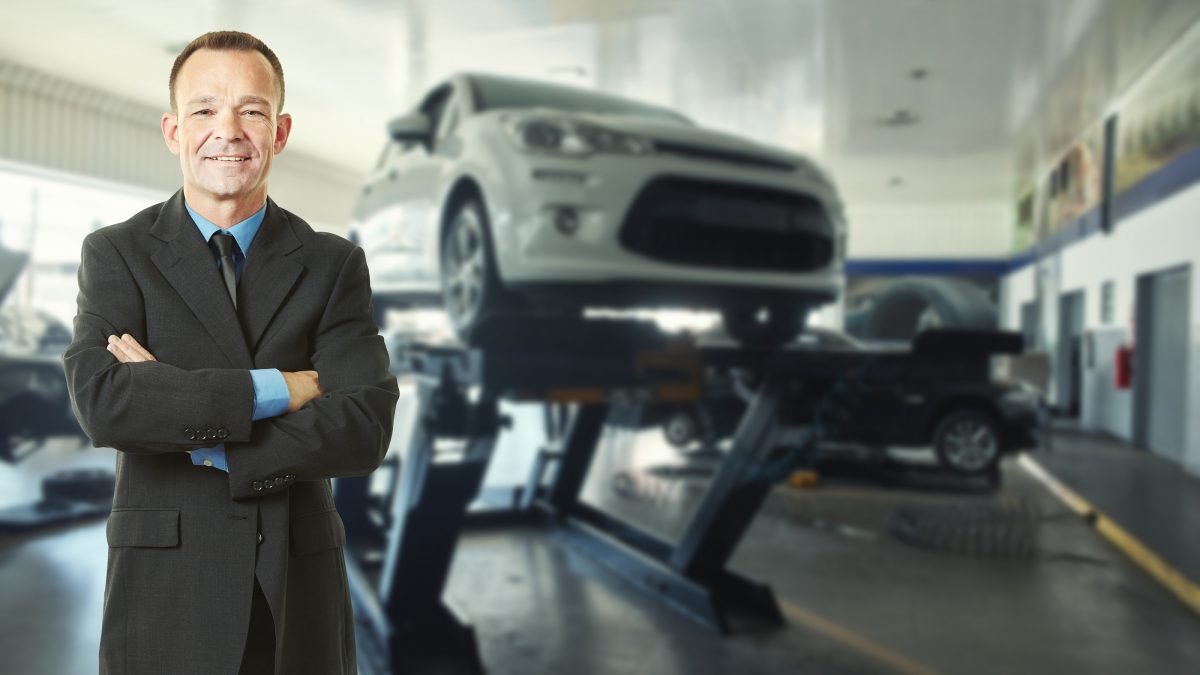Used car dealerships are everywhere for a good reason – they’re a smart business venture. Compared to a new car dealership, it takes a lot less time, money, and resources to set up an enterprise selling used cars. Better yet, the used car market is more robust. Consider that over 39 million used cars were sold in 2017, up 1.8% from the year before, compared to new-car sales which declined 2% that same year to peak at 17.1 million. Savvy sales professionals have a hot commodity in used cars, but that doesn’t mean opening up a dealership is ever easy.
Owners must work out the logistical details, like finding a space to open the business and a vehicle inventory to sell. They also need to meet industry-specific obligations, like obtaining an auto dealer bond before getting a state license to sell vehicles. Set your new business up for success by following all the items on this checklist.
- Investigate the Requirements – In the interest of public safety, every state requires used car dealers to have a license to operate legally. Licensure requirements vary in every state, so you need to investigate exactly what it takes to get a license in your state. Typically, you will need to submit to a background check, demonstrate that you have a motor vehicle dealer bond, and provide information about your business. There many be local requirements you need to follow as well. You won’t be able to sell a single vehicle without meeting the legal requirements first, so make this your number one priority.
- Create a Business Plan – All new businesses need a business plan, especially one as potentially complicated as a used car dealership. This document details exactly how you will open and operate your business. Business plans guide your own actions and also help you secure financing. Working out details like how much revenue you need to sustain yourself and what your total costs will be is important to do before investing anything to get the business off the ground. Your goal, at this point, is to figure out whether or not your used car dealership is actually viable over the long term.
- Secure a Suitable Location – In most cases you need to provide proof your dealership has a physical location before being granted a state license. Look for lots that provide enough space, have the structures (garage, showroom etc) you need, and fit into a realistic budget. Keep in mind that the perfect space may not exist, so you may need to compromise to some degree. The location is also important to consider. You may want to avoid locations with lots of competition from other car dealers or limited numbers of car buyers to draw on.
- Hire the Necessary Staff – Once you have obtained an auto dealer bond and gotten other basics of the business established, think about hiring staff. You will probably need help before you open to get the space and vehicles ready and to get everyone up to speed. Use your business plan to determine who you need to hire. For example, if you plan to have an active service center you will need to have plenty of quality mechanics, or if you intend to keep a large inventory you will need lots of vehicle detailers. Finding good people can take a while, so don’t delay getting started.
- Market the Business – You need to get the word out about your business long before you first open your doors. Figure out the best way to reach your target customers – radio, print, online etc – and plan out a marketing campaign based on the launch of the dealership. The goal is to build awareness of your business and excitement about its first days. Car sales relies heavily on marketing, so spend some time before you open planning the details of your long-term marketing strategy like how much you can spend and whether you will hire a marketing company.
- Build a Vehicle Inventory – There are plenty of places to buy used vehicles in bulk, from auto auctions to vehicle liquidators, but take care to build your inventory strategically. For example, if you want to position yourself as a “budget” or “luxury” dealership, you will need to hunt for certain makes and models. Quality is another important consideration, because if you knowingly sell a bad vehicle it could lead to a claim against your motor vehicle dealer bond. Finally, you need to be very aware of your budget and margins. If you purchase too many of the wrong vehicles it could quickly cause your dealership to become insolvent.
- Use Sustainable Processes – Opening a business is a learning process, but you should aim to hit the ground running starting on day one. That means you need to figure out the details of how you will actually run your business. Address everything from accounting to customer service so that unnecessary setbacks don’t compromise your new business. Make sure to document all your plans and policies and then train your staff to follow them exactly.
Once these steps are complete the fundamental parts of your business are in place. Early in the process, when you’re investigating options for auto dealer bonds, rely on Viking Bond Service. We have helped used car dealers across the country get all the bonds they require to earn and keep a license. Count on us to make things easy and affordable. As an introduction to all we offer, check out this free resource all about surety bonds and why they’re important for businesses like yours.


